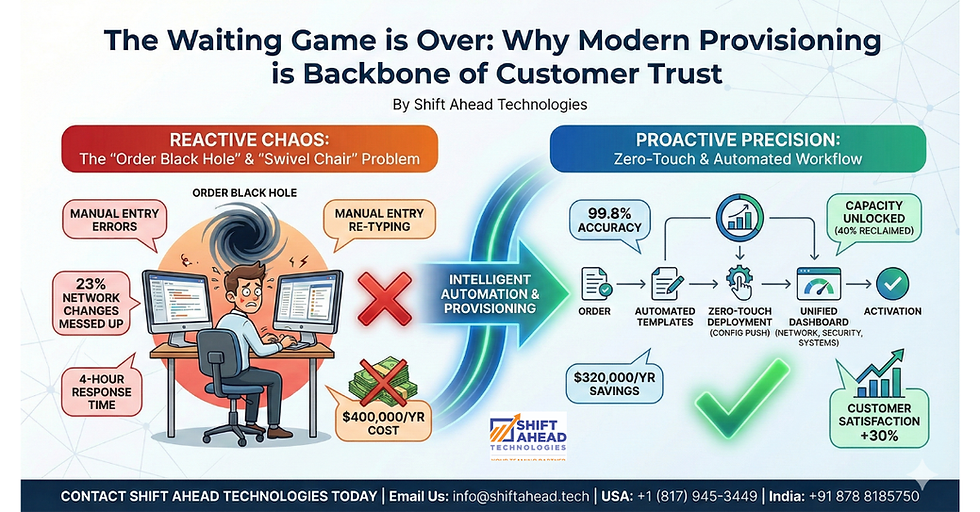Why Outsourcing Makes Business Sense
- Rajeeb Ghosh
- Oct 3, 2024
- 3 min read
Updated: Nov 13, 2024
.

In today’s business climate, many companies are considering outsourced IT services and projects to India, some as a captive center (employment of own Indian staff), while others choose traditional BPOs such as Wipro or Tech Mahindra.
Most often, these decisions are made because of the economic advantages India offers, but I would also add the availability of qualified resources is an understated benefit.
A challenge for decision makers is to benefit from lessons learned from other companies that are not typically willing to share their failures. This blog post is my brief attempt to explain what I learned through the creation of 7 separate teams through the creation of multiple Indian companies, securing offices, and building out high-performance teams.
The first issue you need to be intimately aware of is cultural differences which one can adapt to real quick.
- In most cases, there is tremendous time pressure internally to offshore services or projects. The consequence is that knowledge is not properly shared which is the number one reason efforts fail & derail at times.
- A lack of understanding of Indian culture and not training your staff on the differences will remove any benefits in the economic factors that drove you to outsource. If budgets allow, I suggest recycling Indian staff to the US and US staff to Indian shores so that one minimizes these risks.
- For providing outsourced IT services, strong management and fully dedicated sponsorship are crucial to enable fast decisions and clear direction. The bigger the offshore outsourcing initiative, the more important it is to have the right management in place.
- Wrong decisions and lack of communication can easily result in a transfer back onshore. This is true whether you are utilizing a BPO or hiring your own team to build products or services.
- I prefer a hybrid having my own team augmenting with BPOs as peaks in workloads develop. My biggest reluctance toward the traditional BPOs beyond the premium costs is the pressure to utilize their bench.
- The pressure to get bench folks billed is how I feel resources with non-ideal skills end up on a team. I truly prefer hiring my own employees so that I know they are in the same boat as me. I have found that there are a lot of smart people in India, but a key factor I also look for is attitude.
- Attitude is very difficult to teach. When hiring a team, one should typically go to India and set up camp. It is not unheard of for me to interview 30 – 40 people for a key position. There are India-specific factors I have found to exist when hiring that are not typically present in the US.
- It is customary for a person to give 30 – 60 days’ notice in India to their existing employer. A lot can happen in that amount of time and often results in a no-show. My experience has shown that going there and looking the candidate in the eye and shaking their hand gets the job done.
- Hiring over the phone or skype often results in undesirable outcomes. Although there are a lot more points that warrant discussion, I wanted to touch on a few key issues to spawn the desire to learn more if offshoring is a current consideration for you.
In short, getting the right team & the people are the soul of any outsourcing initiative as they really work well, at least for most
- With Inputs From My Good Friend Todd Wallace, Signing off Rajeeb Ghosh

.png)



Comments